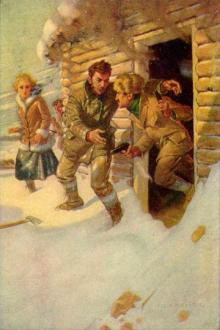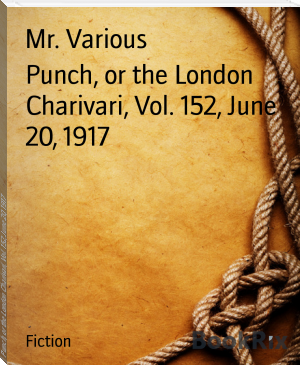The Gun-Brand by James B. Hendryx (thriller book recommendations .TXT) 📕

- Author: James B. Hendryx
- Performer: -
Book online «The Gun-Brand by James B. Hendryx (thriller book recommendations .TXT) 📕». Author James B. Hendryx
The high banks on either side of the river drew closer together, the speed of the drifting scows increased, and upon the dark surface of the water tiny whirlpools appeared. Vermilion raised the pole above his head and pointed toward a narrow strip of beach that showed dimly at the foot of the high bank, at a point only a few hundred yards above the dark gap where the river plunged between the upstanding rocks of the Chute.
Looking backward, Chloe watched the three scows with their swarthy crews straining at the great sweeps. Here was action--life! Primitive man battling against the unbending forces of an iron wilderness. The red blood leaped through the girl's veins as she realized that this life was to be her life--this wilderness to be her wilderness. Hers to bring under the book, and its primitive children, hers--to govern by a rule of thumb!
Suddenly she noticed that the following scows were much nearer shore than her own, and also, th





Comments (0)